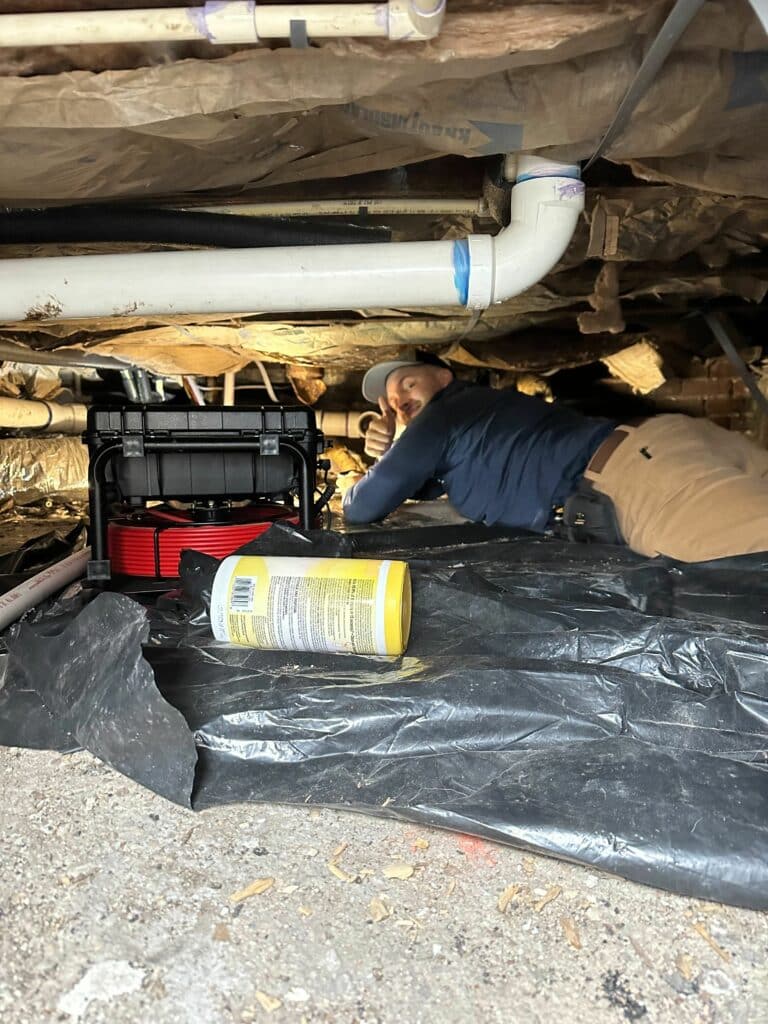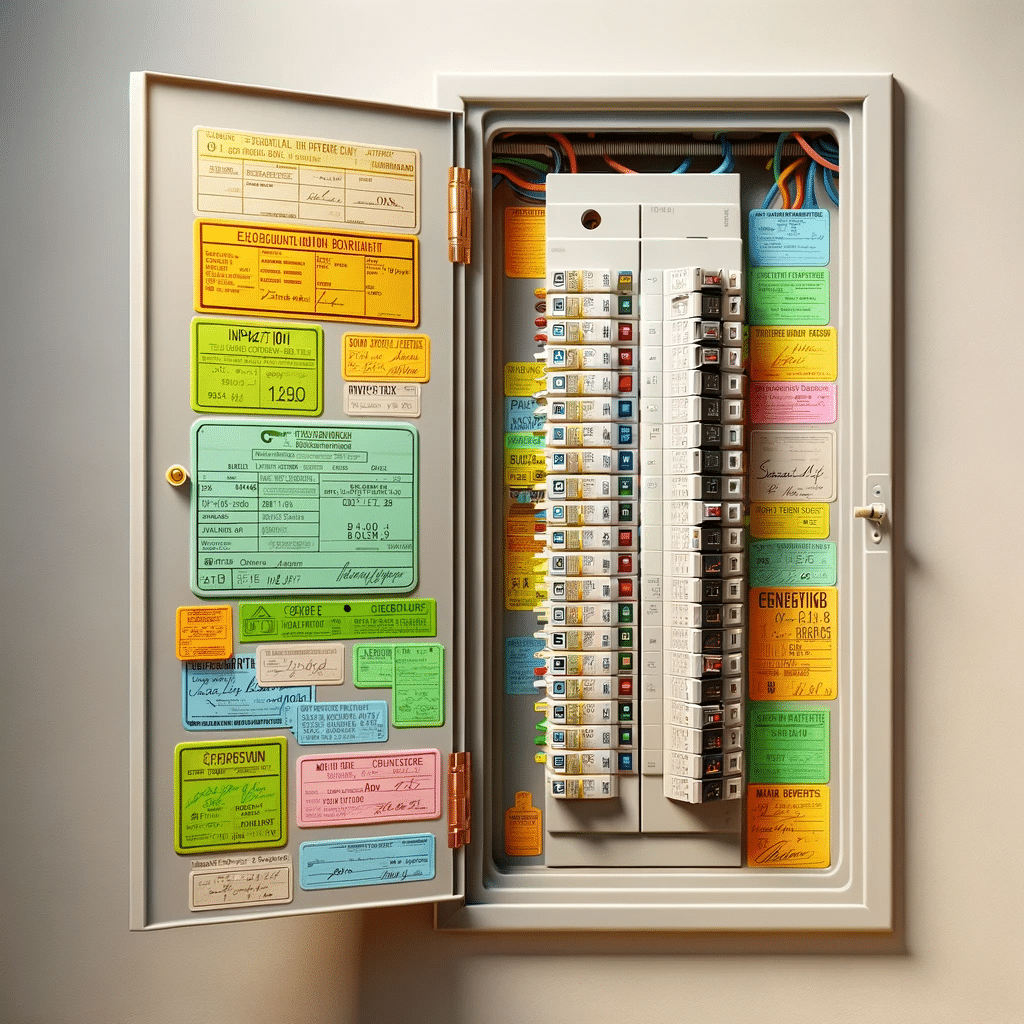
As a real estate agent or a savvy home buyer, you’ve likely heard the terms “home inspection” and “code inspection” thrown around. But what’s the difference? Let’s clarify these two critical processes, and, who knows, maybe even have a little fun along the way.

Home Inspection: The Health Checkup of a Home
Think of a home inspection as a general health checkup for a house. Home inspectors are general practitioners – not exactly looking for a specific illness, but giving the house a thorough once-over. They’re your first line of defense against potential home-buying heartaches.
During a home inspection, qualified inspectors assess the property’s physical condition. This includes examining the structure, roof, foundation, plumbing, electrical systems, and more. Detectives with a clipboard, they’re looking for clues that might indicate problems, such as a crack in the foundation or a rusting water heater nearing the end of its lifespan.
The outcome? A detailed report that gives you a snapshot of the house’s condition.

Code Inspection: The Rule Enforcer
Now, onto the code inspection. If the home inspection is a general checkup, then the code inspection is an audit by the IRS. It’s all about compliance. Code inspectors ensure that the property meets local building codes and regulations. They’re the rule enforcers, ensuring everything is up to code (literally).
These inspections are typically more black and white. Code inspectors are not there to assess the property’s overall condition, but rather to verify that everything was built or installed according to the local building codes. They check aspects like electrical systems, plumbing, and structural elements to ensure they meet specific safety standards.
Why Both Are Important
While both types of inspections assess a property, their focus and outcomes are different. A home inspection helps you understand the condition of what you might be buying, sort of like a test drive for a car. On the other hand, a code inspection ensures that the house meets safety and regulatory standards – it’s about making sure your car meets emission and safety standards.
For real estate agents and home buyers, understanding these differences is crucial. While a clean bill of health from a home inspector is great, it doesn’t necessarily mean the property is free from code violations. And vice versa. Just because a property passes a code inspection doesn’t mean there’s no wear and tear.
Wrapping it up, think of home and code inspections as the Yin and Yang of property assessment. The home inspection offers a broad look at the property’s condition, akin to peeking under the hood of a car, while the code inspection ensures the property aligns with local laws, like making sure the car is street legal. Both are essential in their own right, and savvy real estate agents and buyers should always be aware of their distinct, yet complementary roles in the home-buying process.

